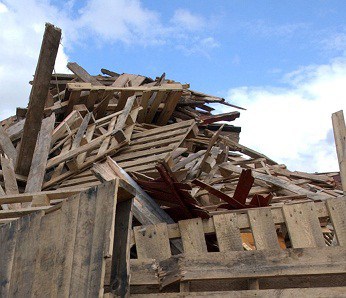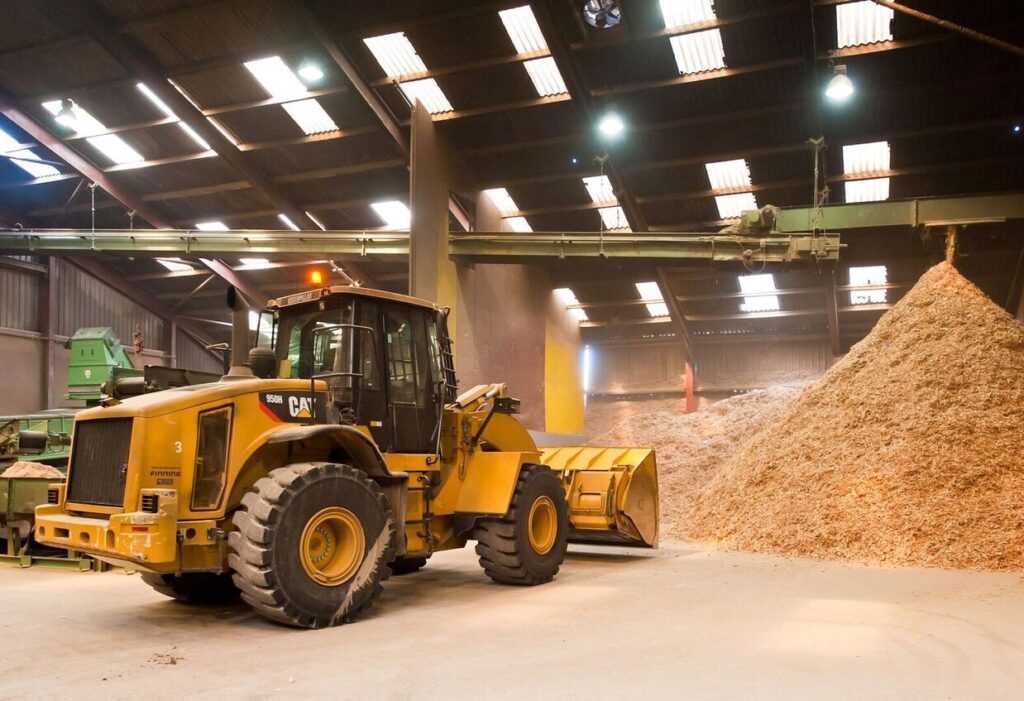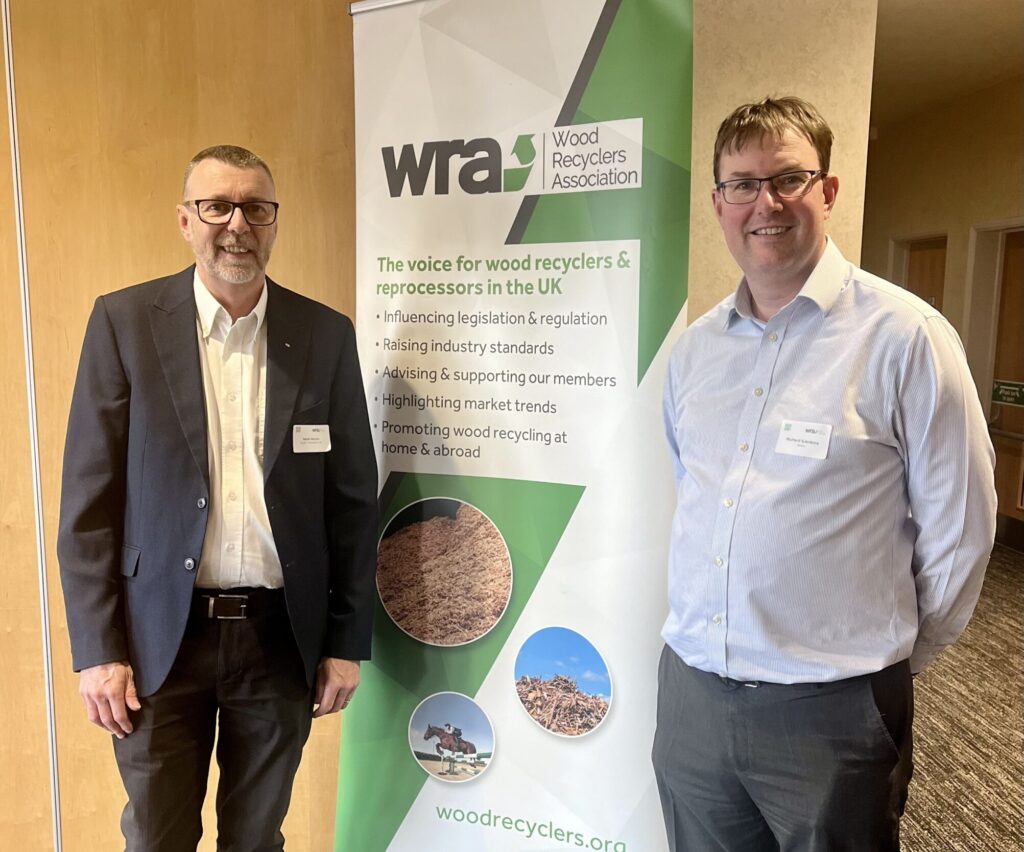That is the warning from Guy Evans, of Hexham-based GE Environmental Consultants, who gave an analysis of the waste wood market at a meeting of the North East Recycling Forum earlier this month.

Mr Evans was invited to speak following reports in the local press that local chipboard manufacturer Egger was struggling to source enough recycled wood.
The company, based in Hexham, is one of many panelboard producers which have been critical of unfair ROC subsidies provided to biomass plants, allowing them to pay more for material (see letsrecycle.com story).
And, after carrying out research on the issue, Mr Evans calculated that demand for recycled woodchip in the North East is likely to exceed local supply by as much as 800,0000 tonnes by the end of 2012 with serious implications for producers and end users alike.
Traditionally, he explained, waste wood has migrated from the South to the more industrial North of England for recycling or energy recovery. However, he said this was changing with the increasing export of material from Southern ports for use as fuel on mainland Europe (see letsrecycle.com story).
At the same time, he pointed to the development of two large-scale waste-wood burning biomass plants in the North East Dalkias plant at Chilton in County Durham and RWEs facility at Markinch in Fife which were pushing up demand considerably.
The North East England/Southern Scottish region is already home to Sembcorps Wilton 10 biomass facility on Teesside and E.ONs biomass plant at Lockerbie and Mr Evans said there was a danger of the region becoming like parts of Germany and Scandinavia where too many biomass plants had been built.
He said: It is not so much a problem now but I think towards the back end of next year when RWE comes on line there could be a gap between demand and supply. We could be looking at 50-60,000 tonnes of waste wood being generated in the North East a year against 875,000 tonnes of demand. Its a massive difference.
He added that over the last year a lot of people had been panicking about wood supply and said gate fees in the region had dropped off to as low as 8 a tonne for fuel-grade recycled waste wood.
This, he said, was a potential benefit to producers as recycled wood was becoming more of a commodity.
However, he said it was a worry for the chipboard industry: The question is will all the panelboard companies survive. I dont think that is something that will be decided in the UK but by their parent companies abroad.
Biomass

Biomass plants which did not have a secure supply of material also had cause for concern, he suggested, and might need to look at burning different fuels.
I think they may have to look at alternative fuels such as more virgin and compost oversize and RDF, he said. But the Renewable Heat Incentive will put more demand on virgin material.
It it going to be a really fierce market place we can only see the wood prices going up. I think the plant which will be the most secure is the one that can be flexible in the fuels they take. Others may struggle.
The problem of fuel supply is already preventing many biomass projects from getting off the ground, with banks unwilling to finance facilities which do not have a secure feedstock.
Plants which are not built before April 2013 will also not secure grandfathering rights under the Renewables Obligation meaning they will have no fixed government subsidy which is also hampering investment.
Export
One answer to the supply problem, Mr Evans suggested, was for more waste wood to be barged up to the North from the South rather than exported.
But, he said that even this alone would not be enough, commenting: There has to be a lot of wood that heads up north. I think about 500,000 tonnes of wood a year is currently being exported. But that is still not going to satisfy the Norths demand there will be a massive shortage.
Another solution which has been touted is diverting more waste wood from landfill, but Mr Evans said that this had not been realised.
Related Links
If you speak to wood recyclers they have not seen much more wood come out of landfill. You would think with landfill tax we would seen it but we havent only perhaps in some parts of the South, where landfill is running out, he said.
Mr Evans explained that recycled wood was sought after by biomass plant operators and chipboard manufacturers over virgin because it has a typical moisture content of 25%, compared to 55%. This means that it is easier and cheaper to process or burn.
For more information on GE Environmental Consultants please contact Guy Evans via gevans831@googlemail.com or on 07531667751.






Subscribe for free